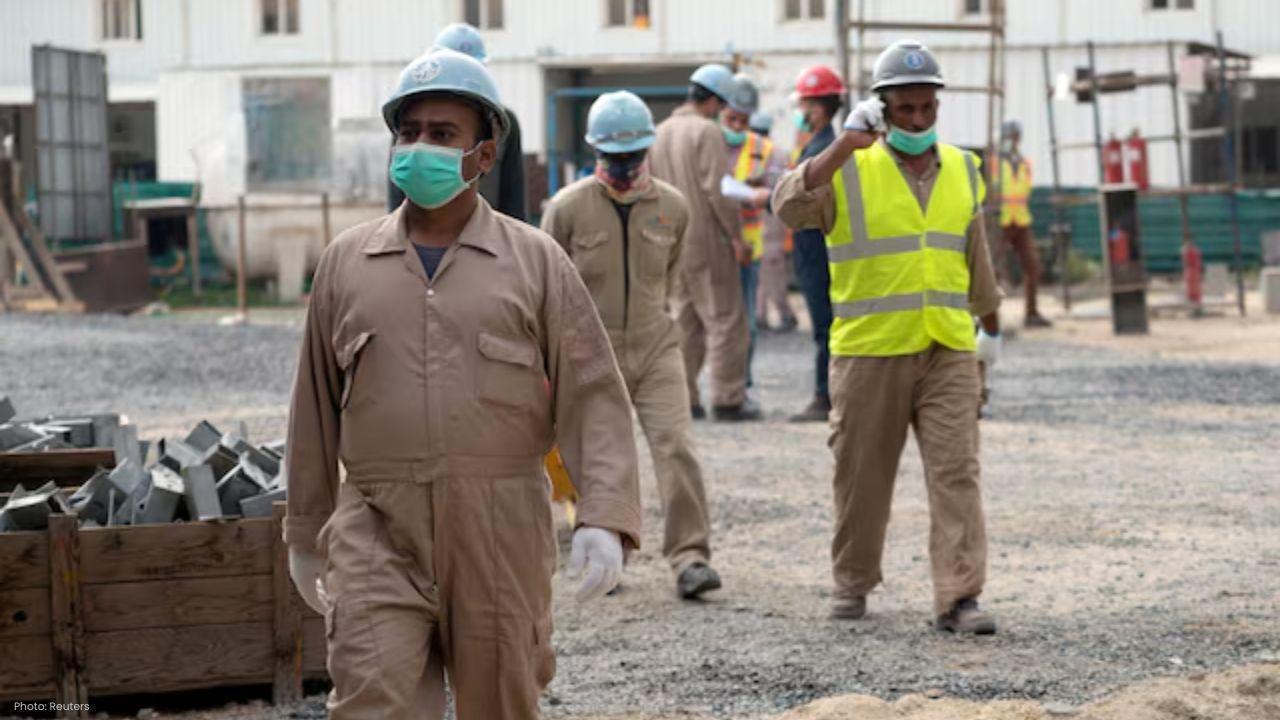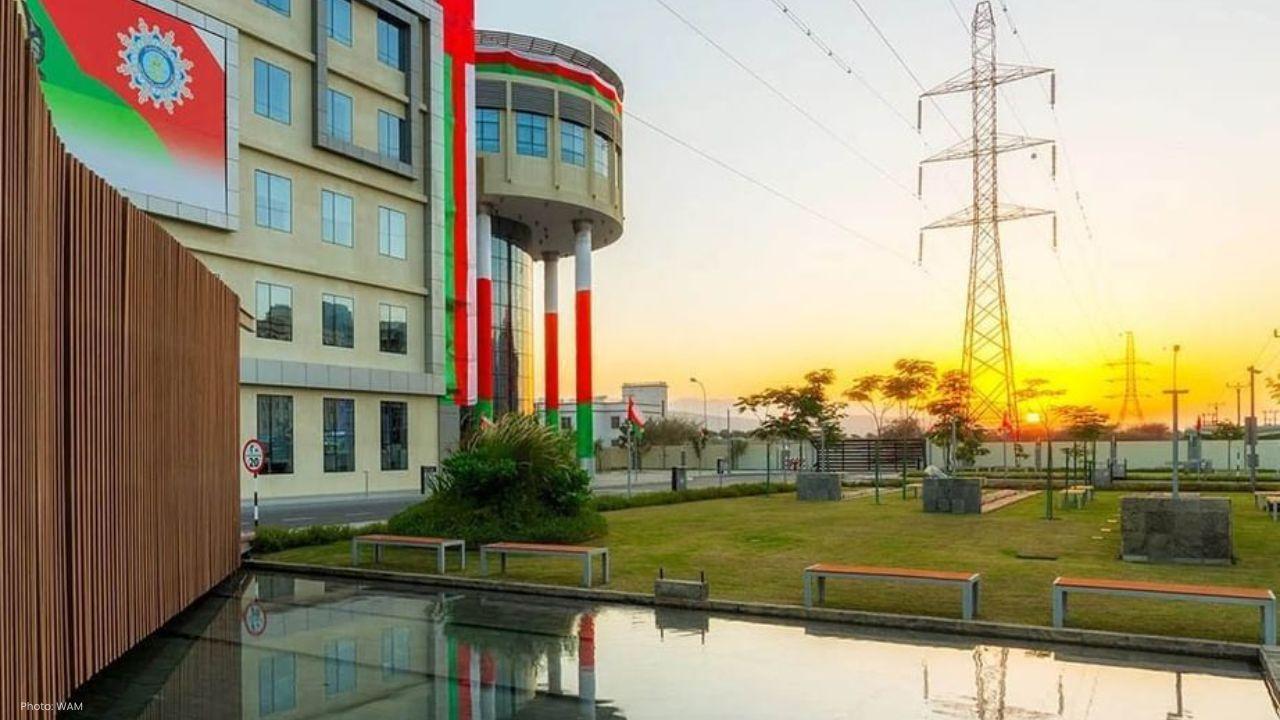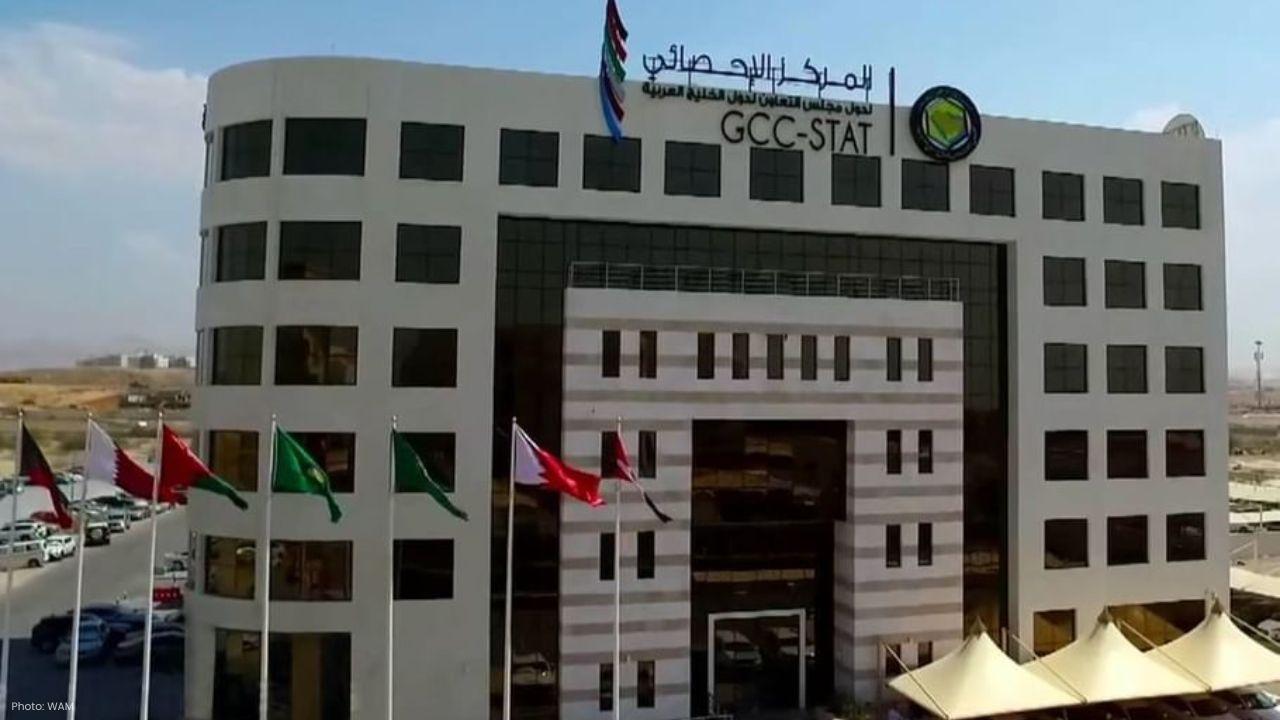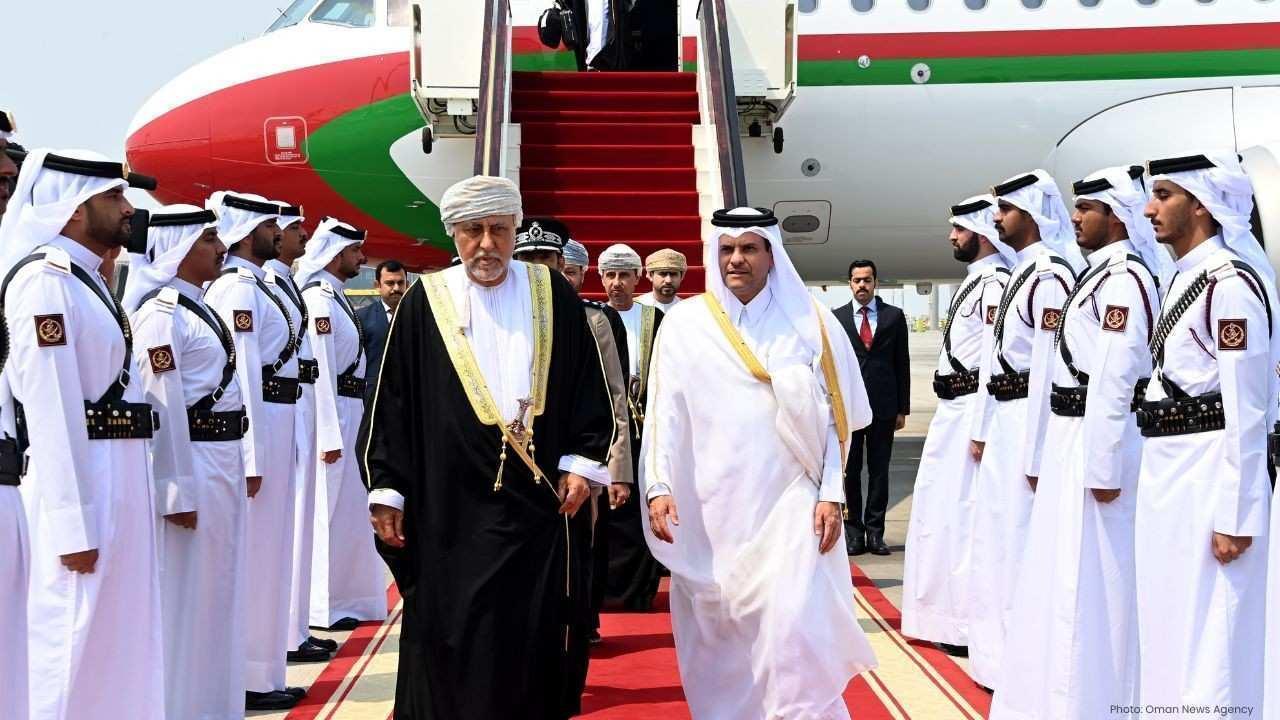
Post by : Mumtaaz Qadiri
Kuwait has officially started a bidding process inviting both local and international construction companies to compete for contracts to build three new cities. This is a major step in tackling the country’s long-standing housing shortage. The project is the first under new real estate laws that allow private investment in Kuwait’s housing sector. The government aims to use these laws to speed up housing development and provide homes for thousands of Kuwaiti families.
Addressing The Housing Shortage
Currently, more than 100,000 people are on government housing waiting lists, some of them waiting for many years. This has created pressure on authorities to find solutions quickly. By building these new cities, Kuwait hopes to reduce the backlog of homes and provide affordable housing for citizens who have been waiting for a long time.
Overview Of The New Cities
The urban development plan covers about 300 hectares (around 740 acres) across three sites north and west of Kuwait City. The three cities are named Mutla City, Saad Abdullah City, and West Saad Al Abdullah City. They are designed as fully integrated urban areas that will provide thousands of homes. The contracts for these projects are set for 30 years and include design, financing, construction, operation, maintenance, and sales of residential units. Only Kuwaiti citizens will be eligible for housing in these cities, while non-residential assets will return to government ownership at the end of the agreements.
Construction Timeline And Goals
The construction of these new cities is expected to take about four years. The goal is to significantly reduce the housing backlog and complement other ongoing housing developments in Kuwait. For example, Jaber Al-Ahmad City and South Abdullah Al-Mubarak City are already under construction and are nearly complete, with progress at 94.7 percent and 90.4 percent, respectively, as of mid-2025.
Legal Changes Encourage Private Investment
This initiative follows amendments made in 2023 to Kuwait’s real estate laws. These changes now allow joint ventures between the government and private companies, including both local and international investors. By opening the housing sector to private investment, Kuwait aims to bring in capital, expertise, and new construction technologies to speed up housing delivery.
Private Sector Role And Opportunities
The invitation to bid marks an important shift toward public-private partnerships in Kuwait’s housing sector. Contracts cover all aspects of the projects, including design, construction, operation, maintenance, and sales, with clear timelines for completion. This structured approach gives private companies confidence in their investments while allowing the government to maintain oversight.
Economic Benefits Of New Cities
These projects are expected to create jobs and stimulate several sectors of the economy, such as construction, manufacturing, and services. They will also help attract private investment into the housing market, supporting the overall economic growth envisioned under Kuwait Vision 2035. The development of these cities is therefore both a housing solution and an economic booster.
Global And Regional Interest
The launch of the bidding process has attracted interest from regional and international construction firms experienced in urban development. Kuwait’s transparent tendering process and clear contract terms are designed to encourage competition and ensure that public funds are used effectively.
Progress On Other Housing Projects
Other housing projects in Kuwait are also moving forward. The South Saad Al Abdullah project has already reached key milestones in road construction and infrastructure. Meanwhile, affordable housing contracts are moving from planning to active construction phases, targeting thousands of new homes. These projects are part of a broader effort to address housing shortages across the country.
Focus On Housing For Workers
The Ministry of Social Affairs and Labour is working on residential complexes for foreign workers. These projects aim to improve living conditions for laborers and reduce social problems such as crime in labor housing areas. The government is taking a comprehensive approach to ensure housing quality and accessibility for all residents, not just citizens.
Importance Of Private Investment
By allowing private companies to participate, Kuwait hopes to improve the quality and speed of housing construction. Private investors bring advanced technology, project management skills, and financial resources that can help complete these projects more efficiently. The long-term contracts provide stability and predictability for investors while addressing critical housing needs for citizens.
Long-Term Benefits For Citizens
The development of these three new cities will provide thousands of families with modern, affordable homes. Residents will benefit from well-planned urban areas with essential infrastructure, services, and amenities. Over the long term, this project will improve living standards and reduce the pressure on government housing waiting lists.
Complementing Kuwait Vision 2035
These housing projects align with Kuwait Vision 2035, which emphasizes economic diversification, infrastructure development, and improved quality of life for citizens. By investing in new cities and partnering with the private sector, Kuwait aims to create sustainable, modern urban communities that meet the growing housing demand.
Government Oversight And Project Management
Although private companies will manage construction and operations, the government will retain oversight to ensure compliance with project goals. Non-residential assets developed under these contracts will return to the state at the end of the agreements. This arrangement ensures that public interests are protected while allowing private sector efficiency.
Multi-Pronged Housing Strategy
Kuwait’s approach to housing development is multi-faceted. In addition to these new cities, the government is improving existing projects, building new residential complexes for workers, and encouraging private sector involvement. This comprehensive strategy addresses both supply shortages and quality of housing for different population groups.
Kuwait’s launch of bidding for three new cities represents a significant step in solving the housing shortage. The projects will provide thousands of homes, involve private investment, and create long-term economic benefits. Combined with other housing initiatives and labor housing improvements, these cities mark a major development in Kuwait’s housing sector and contribute to the goals of Kuwait Vision 2035.
Kuwait Housing Project, Private Sector Investment, New City Development










Senior Finance Official Dies In BMW-Motorcycle Accident In Delhi
Navjot Singh, a senior finance official, dies in a BMW-motorcycle crash in Delhi. His wife is critic

OpenAI Grove Program Helps Early AI Entrepreneurs Build Ideas
OpenAI introduces the Grove program to help early-stage entrepreneurs explore AI ideas with mentorsh

US Secretary Rubio Visits Israel After Qatar Strike And Gaza War
US Secretary of State Marco Rubio meets Netanyahu in Israel after the Israeli strike on Qatar, discu

Nepal Youth Lead Deadly Protests That Topple Government
Violent youth-led protests in Nepal force government change, as citizens demand transparency, fight

Indian Woman Walks Alone At 2.37 AM In Dubai Praises City Safety
Indian woman shares video of walking alone in Dubai at 2.37 AM, praising women’s safety, freedom, an

5.8 Magnitude Earthquake Shakes Assam India No Immediate Damage
A 5.8 magnitude earthquake hit Udalguri in Assam, India, causing tremors across the region. Resident